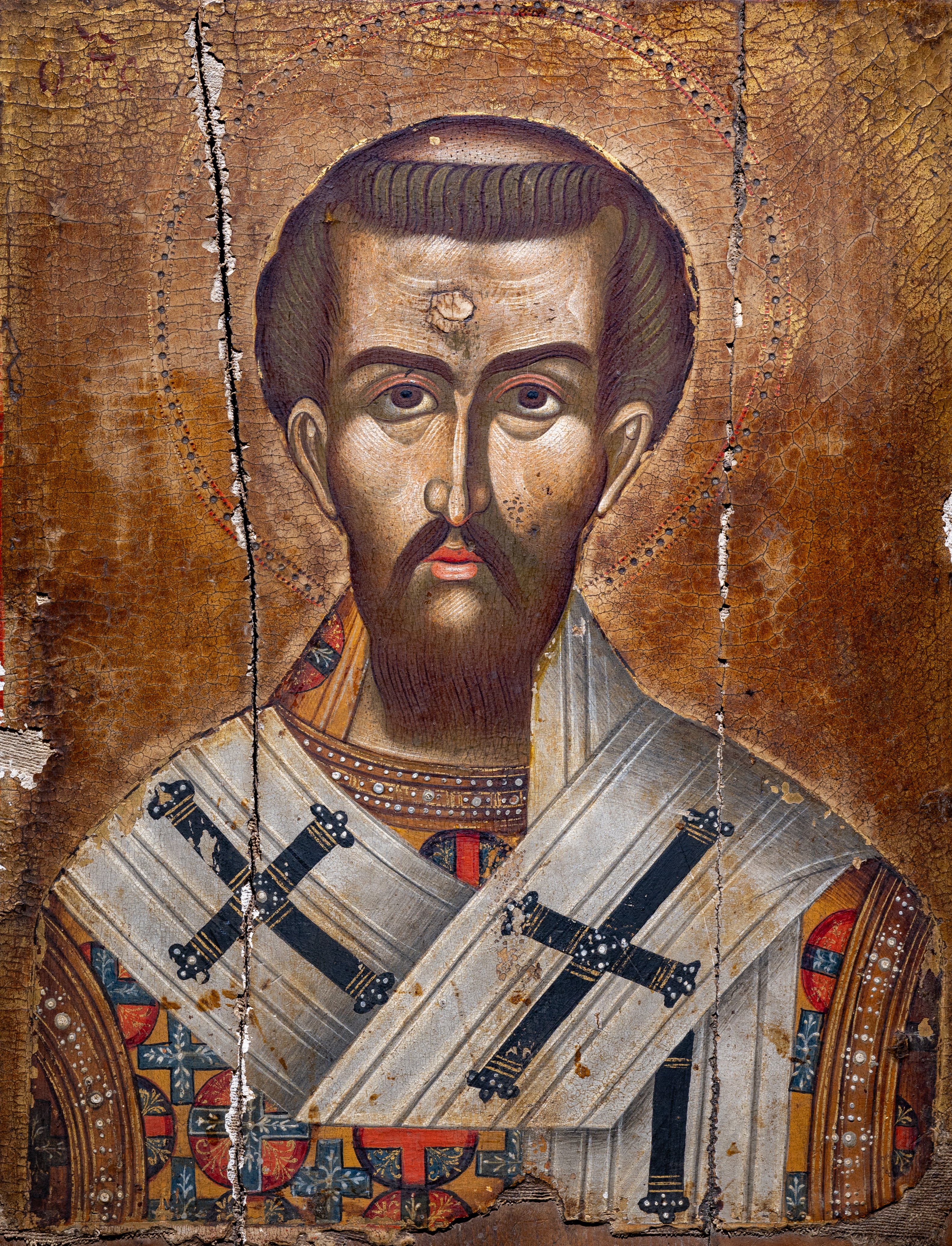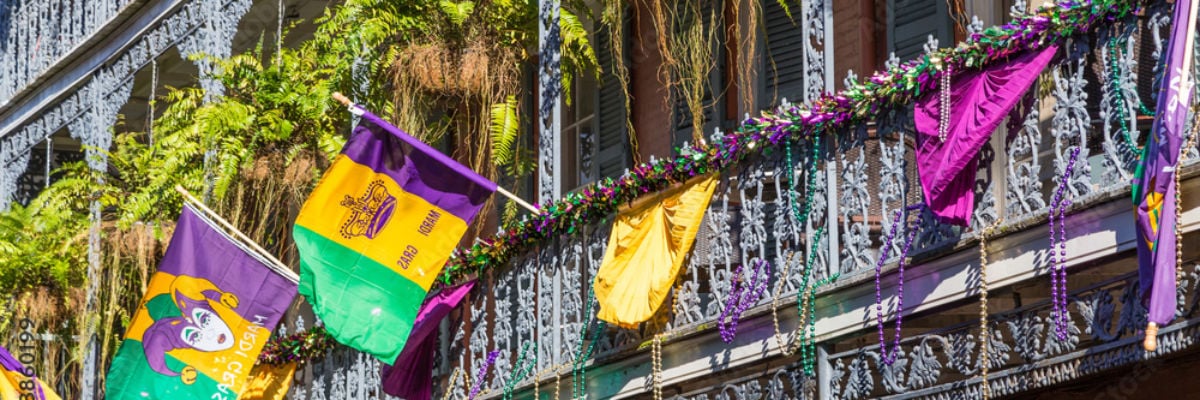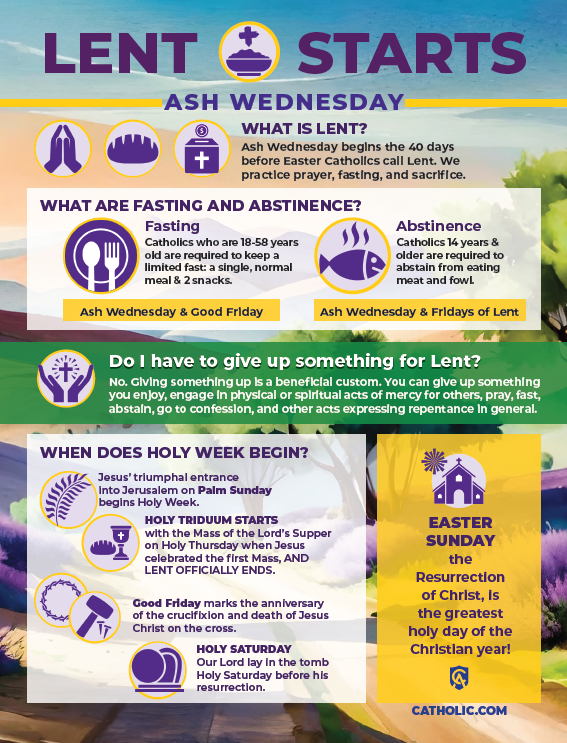
What Is Mardi Gras and Why Do Catholics Celebrate It?
Fat Tuesday, also known as Mardi Gras or Shrove Tuesday, is a celebration that marks the final day before the Lenten season begins on Ash Wednesday. In 2026, it falls on February 17. But what exactly is it? When does it start, and what is its significance? Whether you’re wondering, “What day is Fat Tuesday?” or searching for “When is Fat Tuesday 2026?” we’ve got you covered with all the details about this pre-Lenten celebration.
Top Question Catholics Get about Lent
What Is the Meaning of Fat Tuesday in the Catholic Church?
Rooted in Catholic tradition, Mardi Gras marks the last day of feasting before Lent’s fasting and penance. The day embodies the joy and gratitude for God’s gifts, reminding us to reflect on our spiritual journey and prepare our hearts for the renewal and repentance of Lent, a season which, in turn, is ordered toward preparing for the great celebration of Easter.
Download Our Free PDF Printable | Guide for Ash Wednesday and Lent
Why Do Catholics Celebrate Fat Tuesday Before Lent?
Catholics celebrate to enjoy earthly blessings before Lent, the season of spiritual preparation and sacrifice which begins the next day: Ash Wednesday.

As Saint John Chrysostom said, “The Church is a hospital, and not a courtroom, for souls. She does not condemn on behalf of sins, but grants remission of sins. Nothing is so joyous in our life as the thanksgiving that we experience in the Church. In the Church, the joyful sustain their joy. In the Church, those worried acquire merriment, and those saddened, joy. In the Church, the troubled find relief, and the heavy-laiden, rest.”
What Are the Traditional Foods for Fat Tuesday?
Traditional foods include rich, indulgent dishes like pancakes, pączki (filled donuts), king cake, fried foods, and savory meats.
What Is the Difference Between Fat Tuesday and Mardi Gras?
Fat Tuesday is the religious term, while Mardi Gras refers to the broader cultural festivities leading to Lent.
How Is Fat Tuesday Connected to Ash Wednesday?
Fat Tuesday leads directly into Ash Wednesday, the start of Lent, marking a shift from celebration to reflection and penance.
What Are the Origins of Fat Tuesday in Catholic tradition?
It originated in Catholic Europe, particularly in France, during the Middle Ages as a feast day to consume rich foods before the Lenten fast began. The French words “Mardi Gras” means “Fat Tuesday.”
How Do Catholics Celebrate and Prepare Spiritually for Lent?
Catholics often indulge in richer, fatty foods as a way to prepare for the fasting and penance of Lent. While the festivities vary by culture, the focus is on community, joy, and preparing one’s heart for Lent. These customs are cultural and not doctrinal, but they can enrich one’s spiritual preparation for Lent.
What Are Some Family-Friendly Ways to Celebrate?
Celebrating as a Catholic family can be both fun and meaningful. Here are some family-friendly ideas:
- Feast Together: Prepare a special meal with favorite dishes, emphasizing gratitude for God’s blessings.
- Make Pancakes: Traditionally, pancakes are made to use up rich ingredients before Lent.
- Crafts and Decorations: Create masks or decorations to symbolize the joy before Lent.
- Family Prayer: Gather to thank God for his blessings, intercede and atone for those who engage in licentious behavior on this day, and reflect on the upcoming season of Lent.
- Acts of Charity: Consider doing a charitable act as a family, e.g., visiting a nursing home, to emphasize the spirit of giving.
Why Do People Eat Pancakes on Mardi Gras?
Pancakes contain rich ingredients like eggs and fat (including butter), which had to be consumed before the self-denying season of Lent.
How Is Mardi Gras Celebrated Around the World in Catholic Cultures?
Catholic communities worldwide celebrate the day with parades, feasts, and unique customs rooted in local traditions. For example, New Orleans and Brazil have large carnival celebrations.
Additional Resources
Podcasts
3 Reasons Catholics Do the Lenten Fast
Articles
Catholic Answers Guide for Lent
Jesus and the Woman at the Well
Is there really a need for penance?
Q & A
Shrove Tuesday and Maundy Thursday?
Does Abstinence from Meat Include Byproducts of Animals?
Books
20 Answers: Seasons and Feasts



